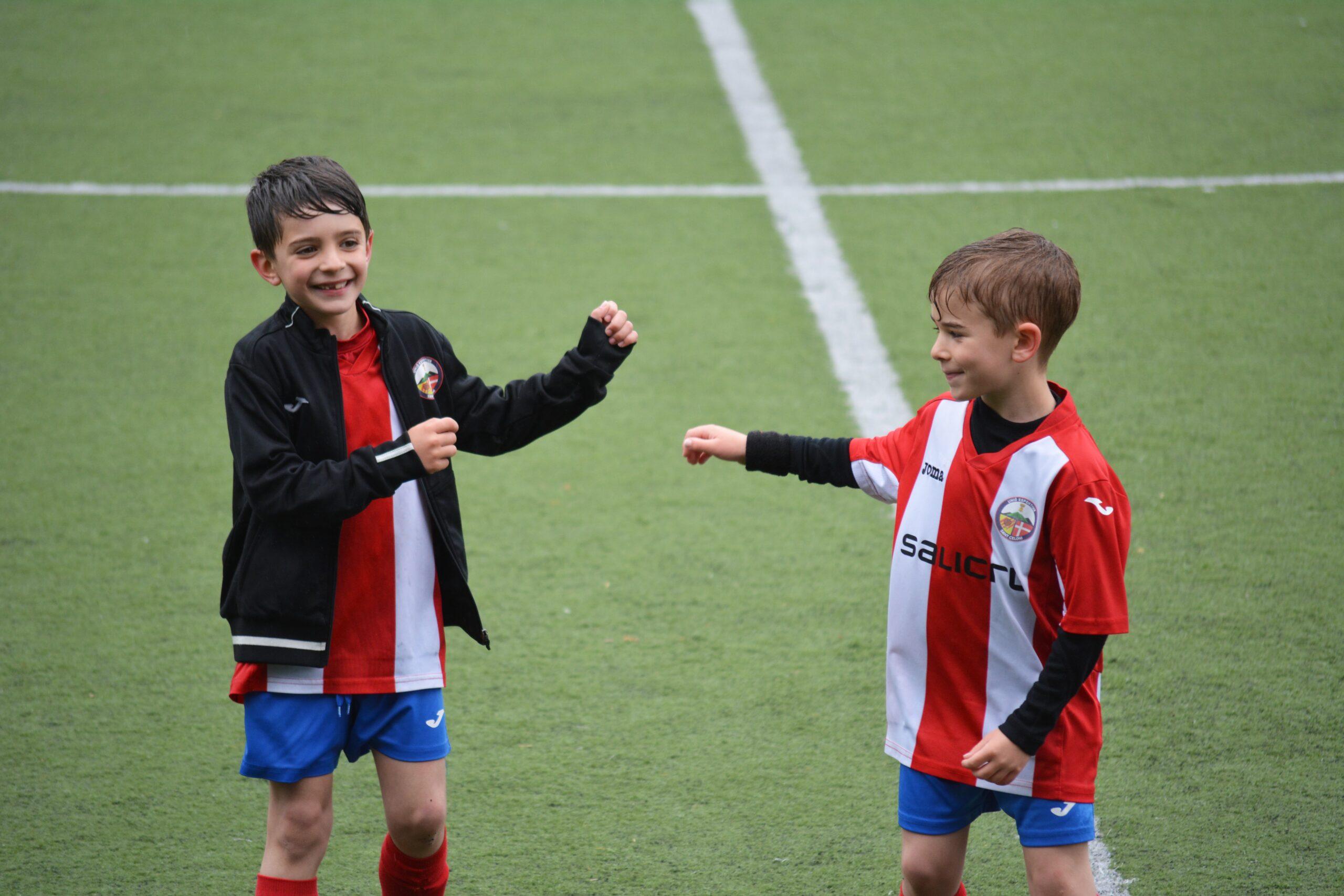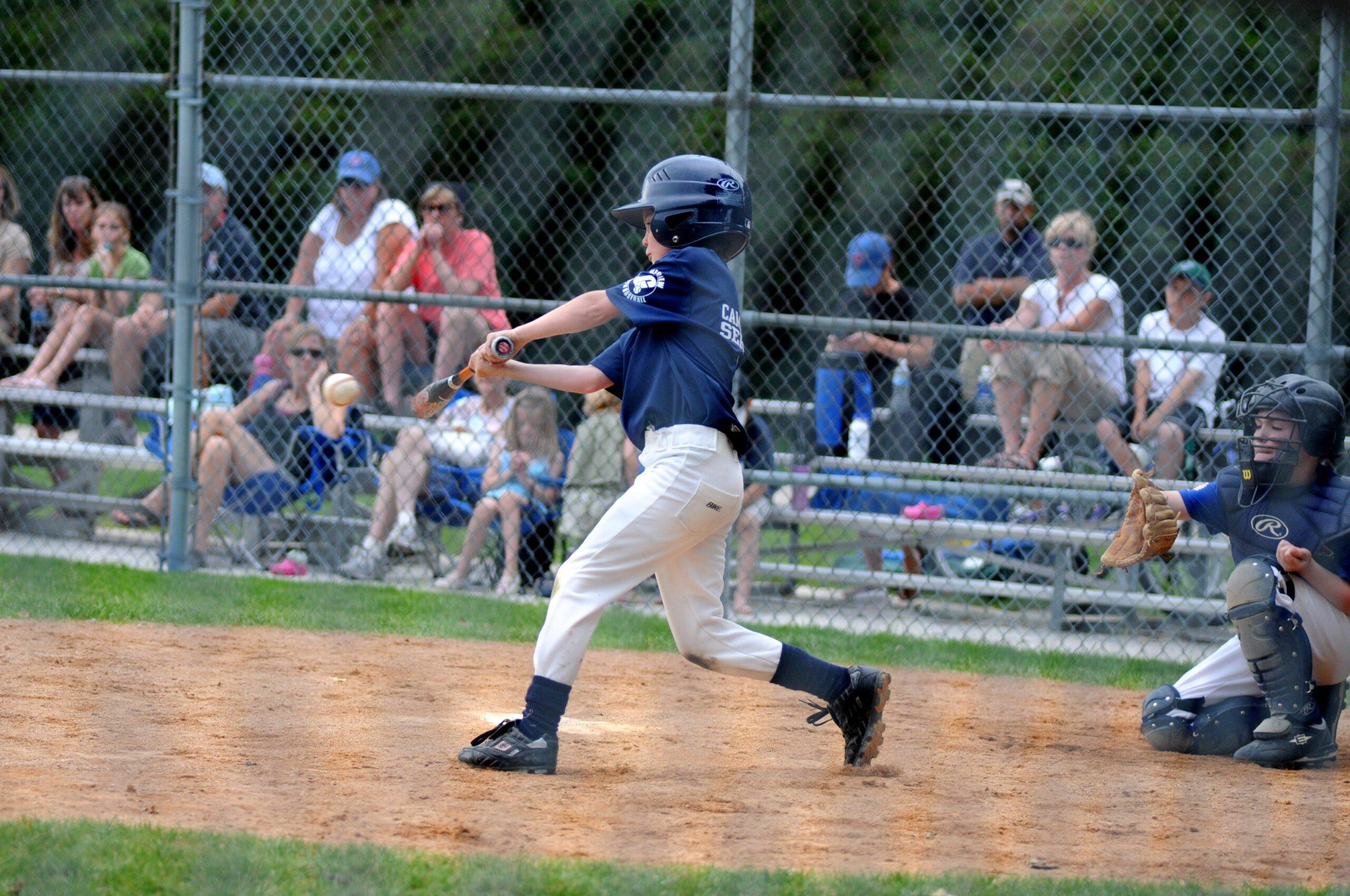From presidential politics to American Idol, our society has taken competition to a new level. Similarly, in the once friendly world of youth sports, many leagues have adopted a hyper-competitive, win-at-all-costs mentality. Too often, parents and coaches place undue emphasis on winning, and the young players, mirroring the behavior they see among the pros, are eager to comply.
There has been a reexamination of sportsmanship in recent years. However, unlike the old model, which often down played the necessity to win, this new approach to sportsmanship reinforces the value of victory. To update the old adage, “it is important whether you win or lose, and it is just as important as how you play the game.”
The Positive Coaching Alliance (PCA), a nonprofit organization created at Stanford University, is one of the pioneers in teaching this new model of sportsmanship to coaches, parents and young athletes. The PCA sees youth sports as having a dual purpose: reinforcing the importance of winning and using sports to teach life lessons.
But when organizations like the PCA use the term “winning,” the focus is on individual and team performance as opposed to the traditional measures found on scoreboards and in league standings. Likewise, victory is redefined as a byproduct of the pursuit of excellence and the ability to learn from one’s mistakes.
Most youth sports programs offer traditional coaching that begins with instilling the fundamentals of the game and teaches more strategy as the players mature. However, it is often necessary to organize workshops and other interaction beyond practice sessions to reinforce this new, broader definition of winning. It may require new thinking and methodologies for coaches to create a competitive environment where young athletes are confident enough to take risks and learn from their mistakes.
While such refocused practices, workshops and other off-the-field methods are indeed useful, lessons about sportsmanship are best learned in the moment. Winning requires relatively little tutelage. Once a player has experienced a victory, he recognizes its value immediately. The value of sportsmanship, however, is more complex, and unfortunately it is generally best ingrained through defeat.
Losing produces a specific emotional response. And it is easy for a child to dwell on negative feelings resulting from a loss if a parent or coach does not help the child recognize the positive aspects of the loss, such as the risks taken, effort given and lessons learned. When a player performs well and still loses a game, positive reinforcement from a parent or a coach can help the child to grasp the importance of how the game was played.
Similarly, a player who suffers a humiliating loss, particularly when the opposing team keeps the best players in the game and runs up the score, will likely experience an even greater range of emotions, including anger, embarrassment and frustration. Again, a parent or a coach should help a child on the losing side to comprehend that many of these feelings are not necessarily associated with merely losing. Rather, negative emotions largely result from the lack of respect from the opposing team.
After learning these lessons, players are more apt to exhibit good sportsmanship and treat their opponents with respect when they are on the winning side. They also start to understand that sports are about individual and team performance, not just winning or losing.
One valuable tool is for coaches to conduct post-mortems on each game, regardless of the outcome. While the game is still fresh in everyone’s minds, the coach can discuss tactics, strategy and sportsmanship, giving clear examples of how the team succeeded or failed in each area as well as tips on how to improve performance. Parents should be encouraged to listen to these postgame talks to reinforce the points with their children at home.
Setting Examples
Beyond being taught to appreciate the outcome of the game, children require strong leadership to overcome problematic behavior such as taunting and name-calling, which has become pervasive in our society. While coaches should take the lead, parents must also set a good example from the sidelines. Openly criticizing the referees, coaches and players, even their own children, must not be practiced by parents.
In other words, it is critical for a young player’s development to have positive role models, including coaches, parents and other athletes. Coaches and parents can work together to reward good behavior, and must also be vigilant to condemn poor behavior wherever it is exhibited. This can be a challenge given the antics of many professional athletes, both on and off the field.
The end-zone antics of the National Football League demonstrate one such troubling trend. Athletes need to keep things in perspective, especially an individual performance. Meaning, when a wide receiver catches a pass and breaks into a celebratory dance after the play ends, the player is acting as if he’s done something extraordinary. The fact is: A wide receiver is supposed to catch passes. That is his role on the team, and a standard catch is a standard catch. In contrast, a receiver who has to make a one-handed catch of a wobbly pass while being double-covered has indeed done something extraordinary and is worthy of a joyous celebration with his teammates.
In team sports, good players do what is required of them. Great players go beyond what is required, helping the team by helping his or her teammates. Teach this concept to your children.
As young athletes often idolize professional athletes, it is vital for parents and coaches to talk to kids about not only the skills and success that professional athletes have attained, but also the attitudes and sportsmanship they consistently display. When watching professional sports with your children, use the opportunity to discuss these concepts along with lessons learned in practice and during games— from fundamental skills to more cerebral things like strategy and teamwork.
Ultimately, the goal of a successful youth sports program is for everyone — coaches, players and parents— to exercise a healthy respect for teammates, opponents, coaches, officials and the rules of the game. Though winning is important, so is learning life lessons.
Perhaps the greatest lesson a child can learn from participating in youth sports is that life is not always fair. However, the way in which you choose to live life has its own rewards. Referees make mistakes, as do coaches and teammates. We all do. But it’s what we do in the wake of those mistakes, and how we handle challenges on and off the field, that truly defines us as winners and losers.


